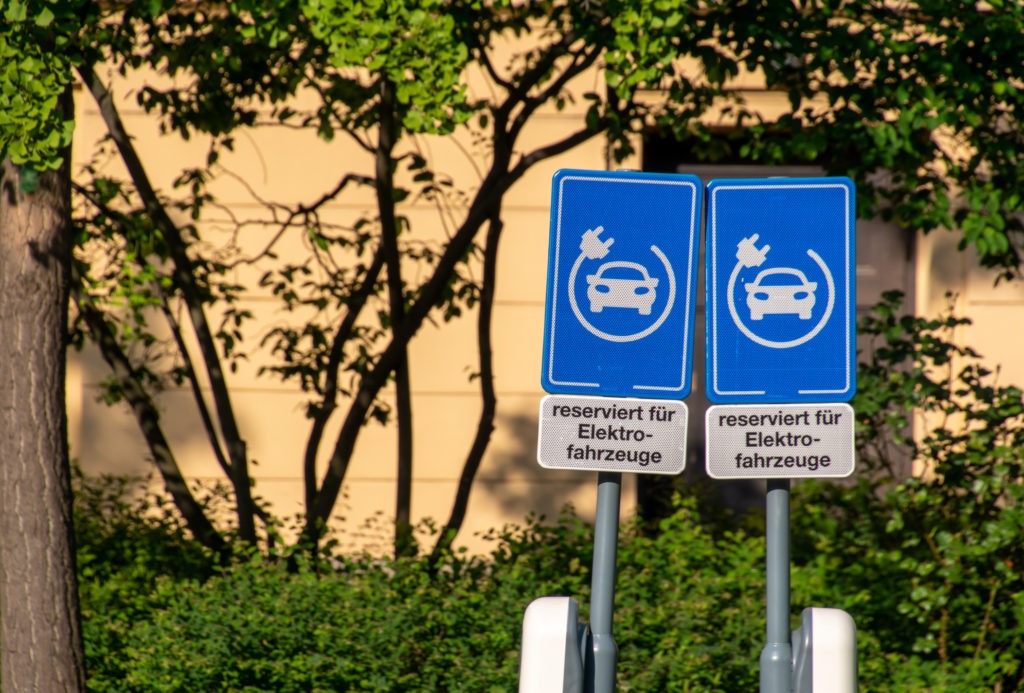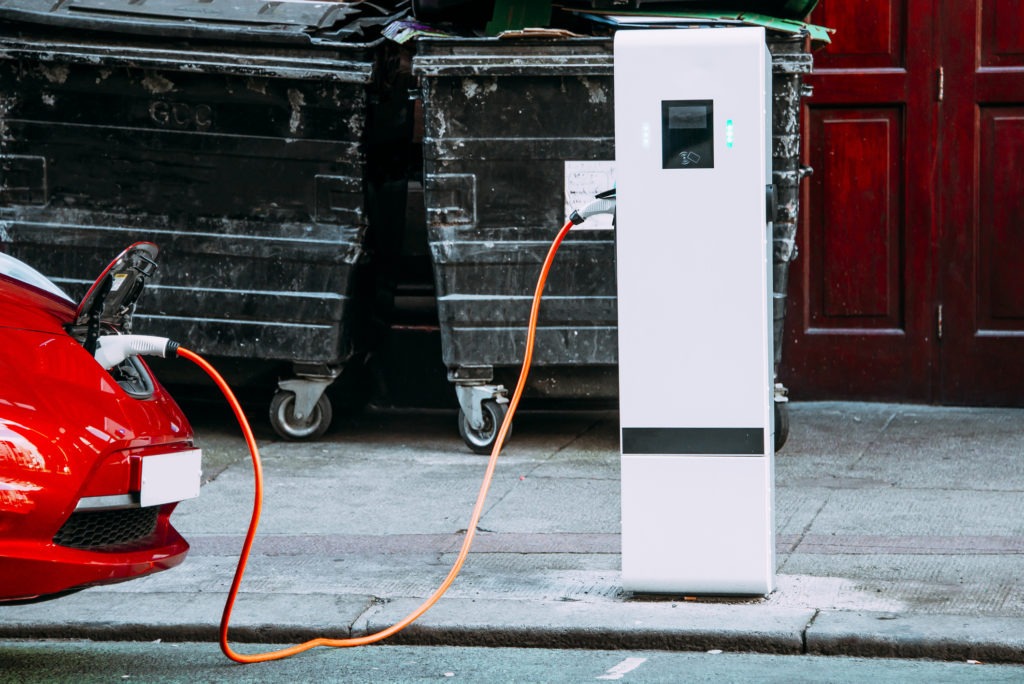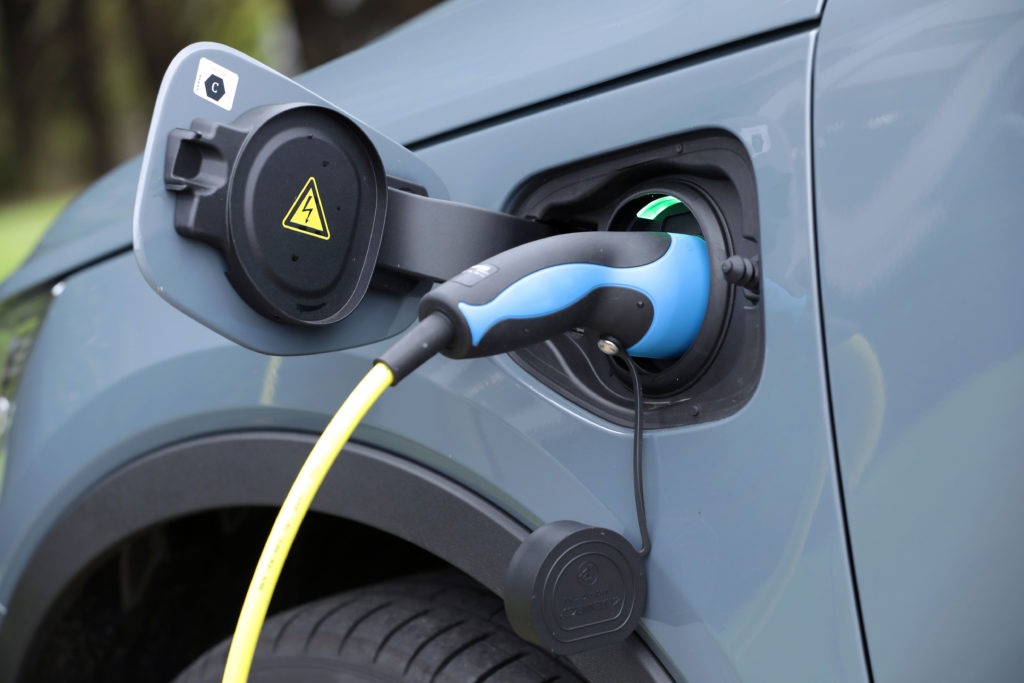Could Germany scrap EV incentives?
21 June 2022

The German government is grappling with new debt following the war in Ukraine and the COVID-19 pandemic, with the German finance minister Christian Lindner eager to scrap electric-vehicle (EV) incentives – including for fully-electric cars.
Lindner said the money for EV subsidies could be used more sensibly, allowing the state to save billions. Next month, the German cabinet wants to decide on its draft budget.
‘To combat inflation, the state must end politics on credit,’ he said. ‘From now on, generating wealth must be more important than distributing it. We simply can no longer afford misguided subsidies.’
The finance minister made the comments in an interview with German newspaper Welt am Sonntag. He went on to say that ‘if it is up to me, the purchase premiums for battery-electric vehicles (BEVs) and plug-in hybrids (PHEVs) will be abolished.’
EV market ‘could collapse’
But the finance minister’s comments have sparked criticism, especially from carmakers.
The German Association of International Motor Vehicle Manufacturers (VDIK), which represents around 40 car brands from 13 countries, was quick to respond. In a statement to Autovista24, the organisation warned of dire consequences should Lindner stay true to his words.
‘In order to achieve the national climate targets, the governing parties announced in the coalition agreement that the purchase premium for electric cars would be further developed and continued until 2025,’ said Reinhard Zirpel, VDIK president.
‘EV manufacturers and their customers rely on it. An abrupt end to EV incentives would therefore mean a serious breach of trust. The market for electric vehicles in Germany could collapse as a result, and CO2 emissions from traffic would increase. The discussion alone about an end to purchase premiums for electric vehicles is already leading to massive uncertainty. The federal government should end this speculation immediately.’
Knock-on effect for used cars
Lindner criticised that even top earners can take advantage of EV subsidies. While it has been known for a while that the German government plans to phase out subsidies for PHEVs, Lindner’s remarks about scrapping subsidies for BEVs sooner rather than later come as a surprise.
Andreas Geilenbruegge, head of valuations and insights at Schwacke (part of Autovista Group), noted that the effects of such cost-cutting measures depend not least on what Lindner plans to do with the saved money. This could then impact the used-car market.
‘Simply saving would slow down new-car sales, particularly in the private customer segment, and consequently result in less growth in supply and less price pressure on the used-car market,’ he said.
‘Even if the money is reinvested and not saved, for example for the accelerated expansion of charging infrastructure and climate-neutral power generation or any other significant financial incentive to operate and not buy a BEV, then that would fight falling demand, but also lead to healthy and solid interest in used BEVs.’
‘Unacceptable’
From a consumer perspective, Lindner’s announcement also serves as a blow. Delivery times for electric cars have increased. Waiting months, if not a year, to have EVs delivered has become the norm. Shoppers who have already ordered an EV may now potentially face the end of subsidies, encountering higher costs than expected.
In a statement to Autovista24, Germany’s motoring club ADAC said Lindner’s proposals were ‘unacceptable.’
‘So far there has been no indication that the federal government intends to completely discontinue subsidies for purely battery-electric new cars from next year,’ said ADAC transport president Gerhard Hillebrand. ‘Consumers rightly feel left alone in the face of the dramatic change in course. It is not enough for politicians to adopt ambitious goals and then suddenly stop supporting consumers and businesses in their implementation.’
Climate protection at risk
Hillebrand added that ramping up electromobility in Germany would have to go ahead without funding. But he cautioned that in the short term this would become more difficult and reduce the chance of meeting climate-protection goals.
ADAC has long criticised the fact that consumers can only apply for EV incentives when the new vehicles have been registered, as opposed to when they were first ordered. The ruling parties’ coalition agreement is targeting 15 million electric vehicles by 2030, with incentives playing an important role to encourage the transition to electromobility.
In Germany, buyers of BEVs benefit from a €9,000 incentive. Meanwhile, plug-in hybrids are funded with a maximum of €6,750.
Wider trend
Elsewhere in Europe, funds for EVs are drying up, pointing to a wider trend. In the Netherlands, the government said subsidies for electric cars had already been exhausted this year while the UK government has pulled the plug on its remaining EV subsidies.
It has also come to light that Norway’s public road administration is looking at removing some of the privileges EV drivers enjoy in the country. This includes VAT exemptions for new electric cars, cheaper parking, lower toll prices and the use of bus lanes under certain circumstances.
With budgets getting tighter, governments are trying to save costs or invest money elsewhere, for instance in charging infrastructure and the grid.



